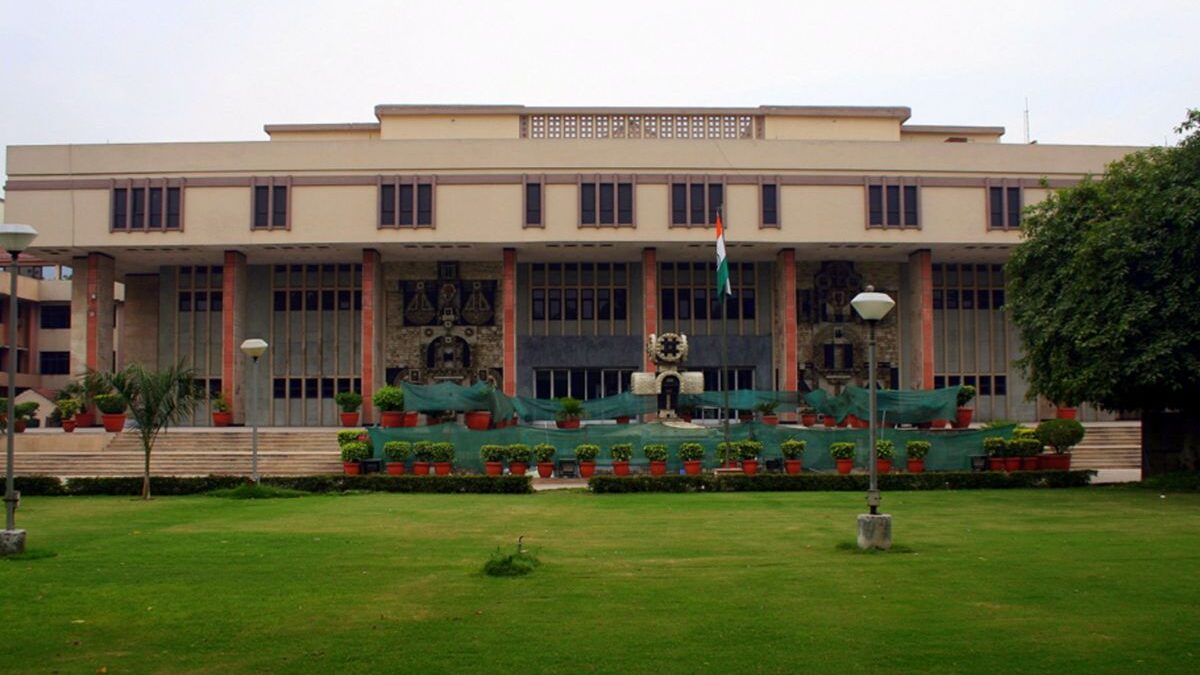The High Court provided notice to the authorities on a reference submitted by the presiding officer of the Motor Accidents Claim Tribunal on the matter.
It issued notice to the Unique Identification Authority of India (UIDAI), Delhi Government and member secretary of Delhi State Legal Service Authority and urged them to summon their responses according to the reference before 27 September, which is the next date of hearing.
In view of the legal matter involved, vis a vis identification of unidentified dead bodies due to motor accidents, Prashanto Chandra Sen, senior advocate is asked to be the amicus curiae and help this court, a bench of Justices Mukta Gupta and Anish Dayal stated.
On 3 August, MACT Presiding Officer Kamini Lau sent a reference under the provisions of the CrPC to the High Court with a request for giving an authoritative finding on some questions of law concerning identification of deceased victims based on specific characteristics available with the Central Identities Data Repository (CIDR), which is regulated by UIDAI, for guidance purpose.
The CIDR is a government agency that stores and manages data for the Aadhaar project. The CIDR maintains a centralised database in one or more locations containing all Aadhaar numbers issued to Aadhaar holders along with the corresponding demographic information and biometric information of such individuals and other information related thereto.
The MACT presiding officer said while dealing with motor accident claim cases, certain legal impediments have been observed during investigations that also hinder in the inquiry process, where the identity of the deceased is ‘unknown’.
It said according to the reports obtained from the Delhi Police, they have been requesting UIDAI for sharing information relating to identity of the unknown victims by way of comparison of biometrics. However, UIDAI is refusing to be of any help by taking refuge of Sections 29 and 33 of the Aadhaar (Targeted Delivery of Financial and other Subsidiaries Benefits and Service) Act 2016 as amended by Aadhaar (and other laws) Amendment Act 2019, it said.
According to the reference, the priority for biometrics use should be for the welfare of the individuals/citizens and not for exclusive purposes of investigations of terror and crime. “What useful purpose would the Identities Data Repository serve when UIDAI has refused to share and match the biometric data/ information for ascertaining the identity of unknown deceased who are victims of crime?” the reference questioned.
It said it is the right of every citizen of this country to know of the fate of their family members, who are not traceable, and also a corresponding right of an unknown deceased particularly those who are victims of crime that their family should know of their fate.
In the current scenario, due to lack of cooperation of UIDAI, the tribunals have been severely handicapped in effectively reaching to a final conclusion of the inquiry, it stated.
The reference said identity of all citizens can be established by matching fingerprints, impressions and eye pupils from national database (UIDAI) which had not been done and added that refusal of junior functionaries of UIDAI to share the information of the dead person by comparing biometrics of the victim from their database with the police to ascertain the identity of the victim seems illegal per-se.
Such a refusal comes into conflict with the provisions of Indian Penal Code providing that any person being bound by law to render or furnish assistance to any public servant in the execution of his public duty, who intentionally omits to give such assistance, is liable for punishment, it said.
It said that before amendment under the Act, the power of grant of permission was with the district judge and now it has been vested with the High Court and added that the power of judicial review being severely curtailed, the constitutional validity of the said provisions needs attention.
Where there is a right, there is a remedy and in the absence of any specific provision by the legislature, it is always open to the constitutional courts to intervene and provide remedial measures till such time a proper procedure is brought in place by the legislators.
The question which arises is whether any High Court can grant permission and allow comparison of biometrics of unknown deceased victims from the database to ascertain their identity due to the amendments, it said.
The reference further stated that there seems to be a legislative slip, which does not cover this situation, greatly impacting the fundamental rights of the citizens who have supplied their demographic and biometric information to the UIDAI.
(With inputs from PTI)
For more stories that cover the ongoings of Delhi NCR, follow us on:
Instagram: instagram.com/thepatriot_in/
Twitter: twitter.com/Patriot_Delhi
Facebook: facebook.com/Thepatriotnewsindia





